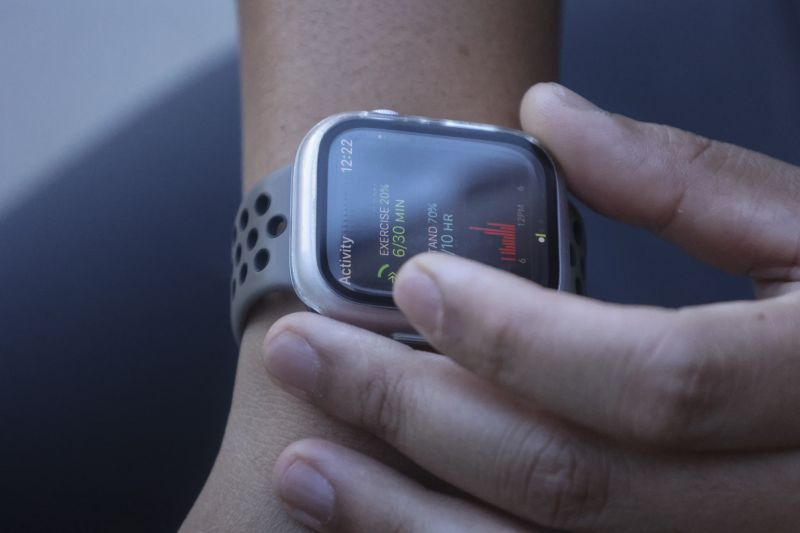 The Association for Computing Machinery has announced the recognition of Amir Rahmani, a professor of nursing and computer science with UC Irvine’s Sue and Bill Gross School of Nursing, for his outstanding contributions to the field of health technology. Rahmani is among the 52 members honored for significant achievements in computing.
The Association for Computing Machinery has announced the recognition of Amir Rahmani, a professor of nursing and computer science with UC Irvine’s Sue and Bill Gross School of Nursing, for his outstanding contributions to the field of health technology. Rahmani is among the 52 members honored for significant achievements in computing.
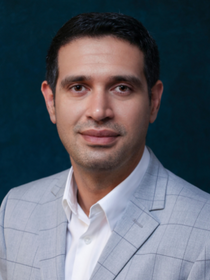
Rahmani’s recognition comes as a result of his groundbreaking research in leveraging Internet of Things (IoT) data and artificial intelligence for health modeling and lifestyle recommendation systems. His work, including his invention and development of ZotCare, a mobile healthcare platform that can interact with smart watches and other personal devices to monitor the health of patients, has significantly advanced the integration of AI and IoT in the health sector.
The ACM Distinguished Members program, initiated in 2006, honors individuals with at least 15 years of professional experience who have made substantial accomplishments in the computing field. Rahmani’s nomination highlighted his more than 300 peer-reviewed publications and his pioneering work in the concept of edge computing.
In 2014, Rahmani introduced the notion of edge computing to the smart health domain, emphasizing the importance of providing privacy and computations at the edge of a network, not just in the cloud. This innovative approach laid the foundation for devices like the Smart eHealth Gateway, enabling local processing of health data without compromising privacy.
“Imagine if these devices could function and gather data autonomously, without constantly draining the cloud. That’s the potential we unlocked with edge processing,” explained Rahmani. “Many modern home patient monitoring devices already function this way. They analyze data locally, eliminating the need for cloud connections or sending sensitive information, and only transmit high-level summaries.”
Another of Rahmani’s significant projects involves the development of AI-driven wearable devices capable of objectively assessing pain. This technology provides a high-level objective pain measure by analyzing physiological indicators, making it especially beneficial for patients who cannot self-report, such as infants or patients whose health condition renders them unable to verbally communicate.
“The devices can objectively assess pain rather than just relying on self-reporting from patients,” said Rahmani. “When experiencing pain, physiological changes such as an elevated heart rate or activation of facial muscles occur. Artificial Intelligence can be leveraged to develop an objective measure of pain intensity, eliminating the reliance on self-reporting. This approach utilizes AI algorithms to analyze these physiological indicators, providing a more accurate and unbiased assessment of pain levels.”
Rahmani’s research focusing on long-haul symptoms of COVID-19, gained widespread recognition. His work on the project was recognized by prominent sources like The New York Times and Bloomberg, as well as interviews with cable news hosts including then-CNN anchor Chris Cuomo.
“The ACM Distinguished Members program recognizes both career achievement and participation in ACM,” said ACM President Yannis Ioannidis in commenting on the award. “Rahmani’s contributions not only showcase technical excellence but also highlight his commitment to advancing computer science education and mentoring younger professionals

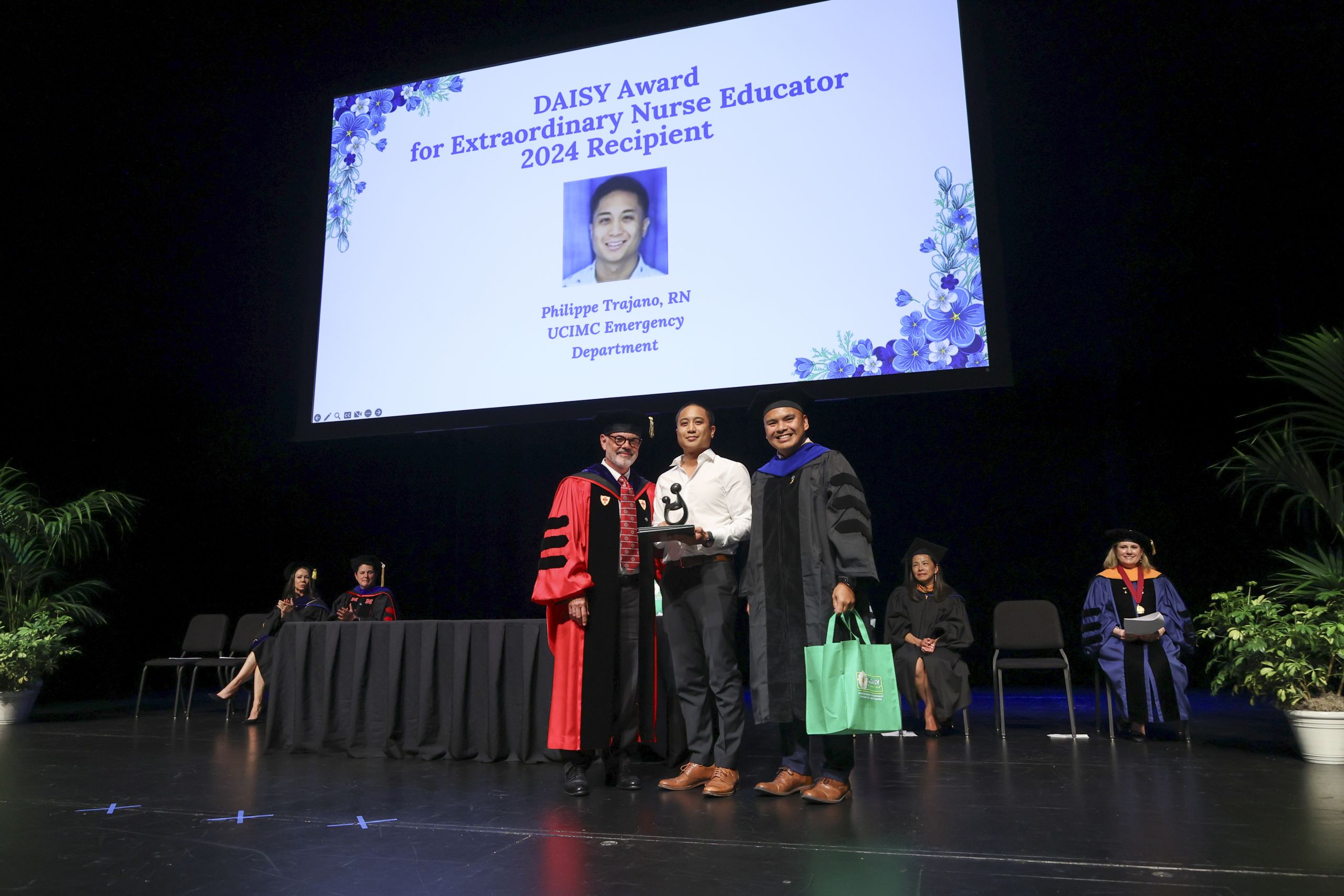
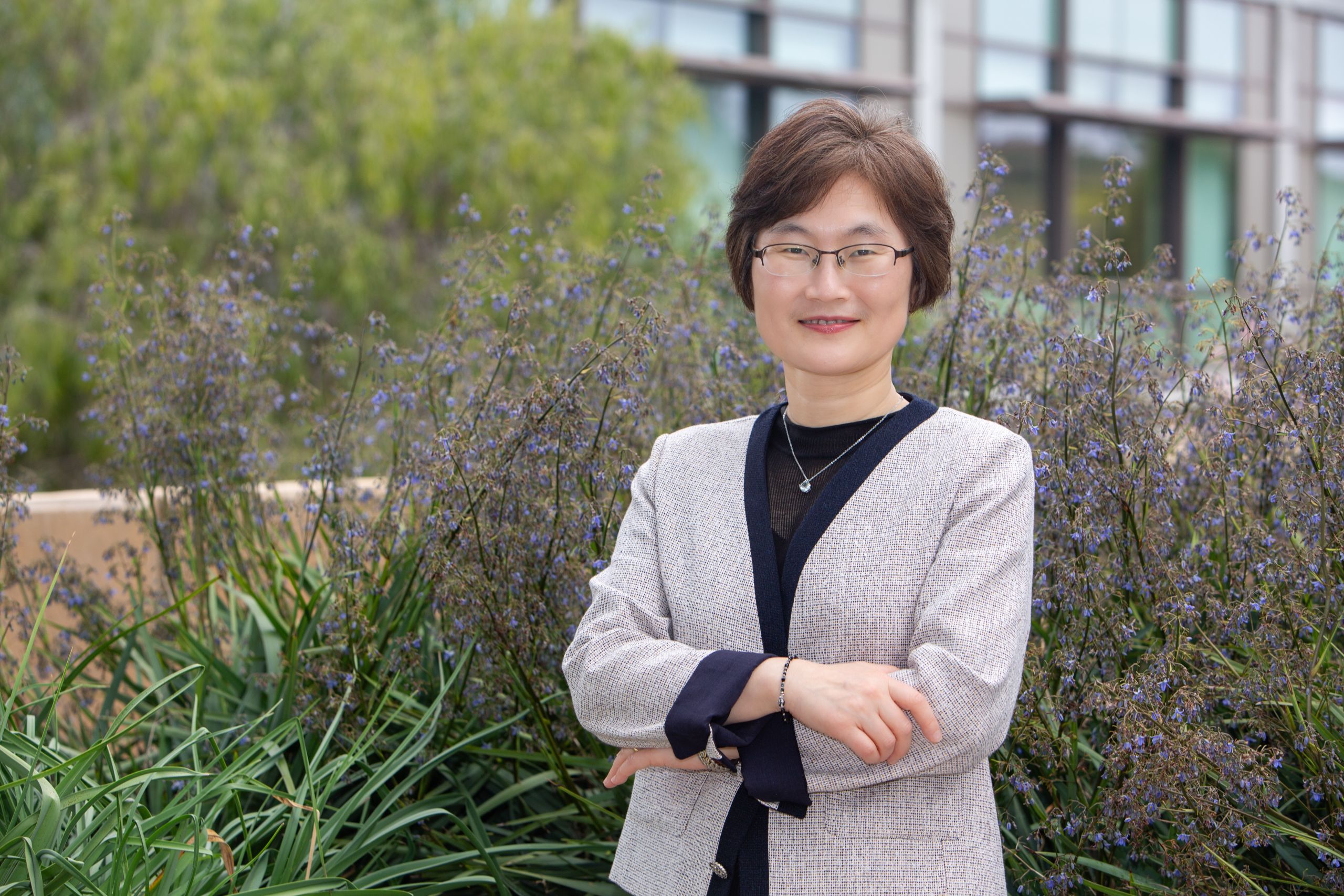
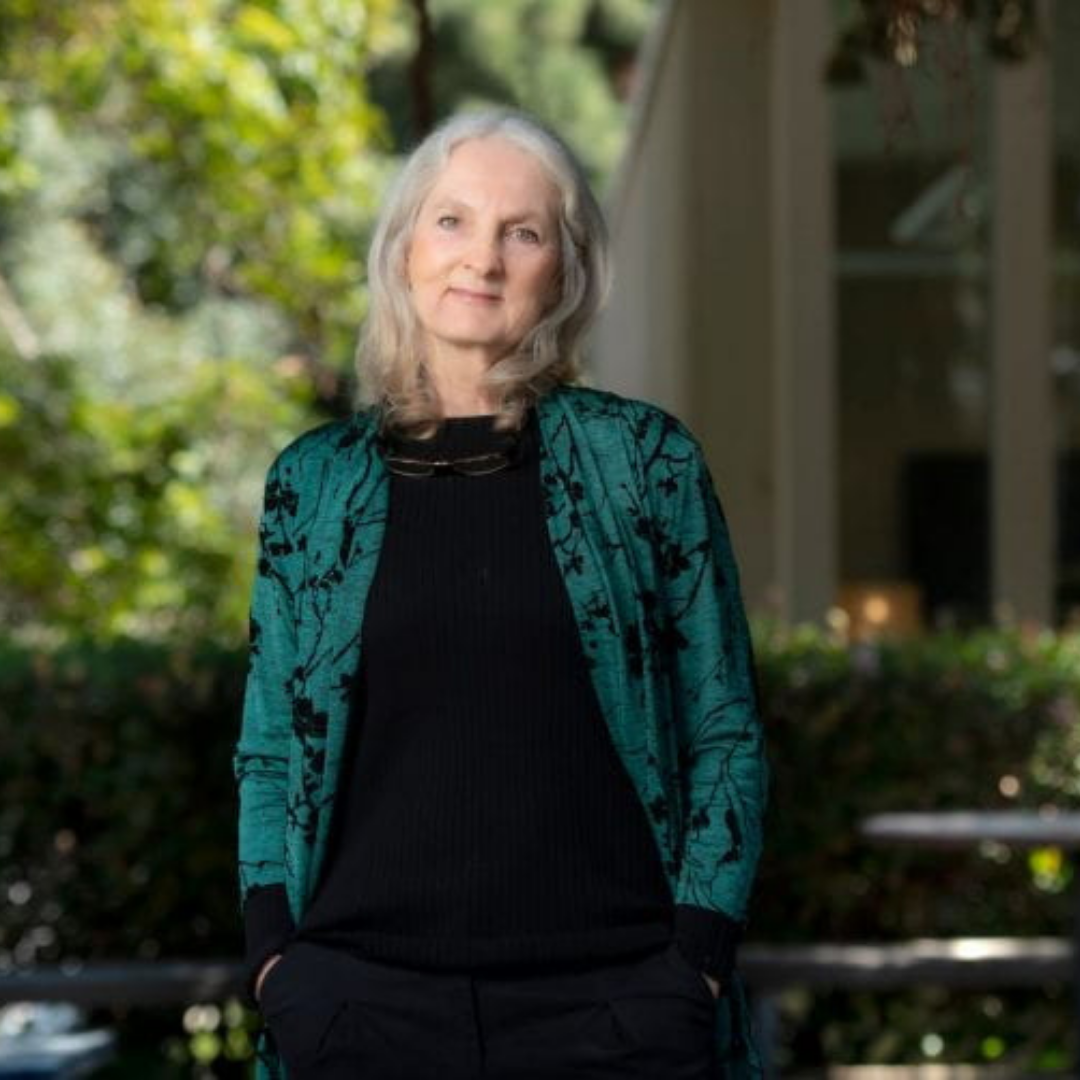
Leave A Comment